26 April 2025
Let’s be real for a moment—there’s nothing quite as frustrating as booting up your favorite game, eagerly diving into it, and… boom, stutter city! Your dream of buttery-smooth 60+ FPS gameplay is crushed by lag, freezing, or inexplicably long loading times. Ugh. What’s even more annoying is figuring out why your system is throwing a tantrum. Is it your CPU gasping for air, or maybe your GPU crying in the corner? Could it even be your internet connection? Let’s break it down and figure out how you can identify those pesky game bottlenecks.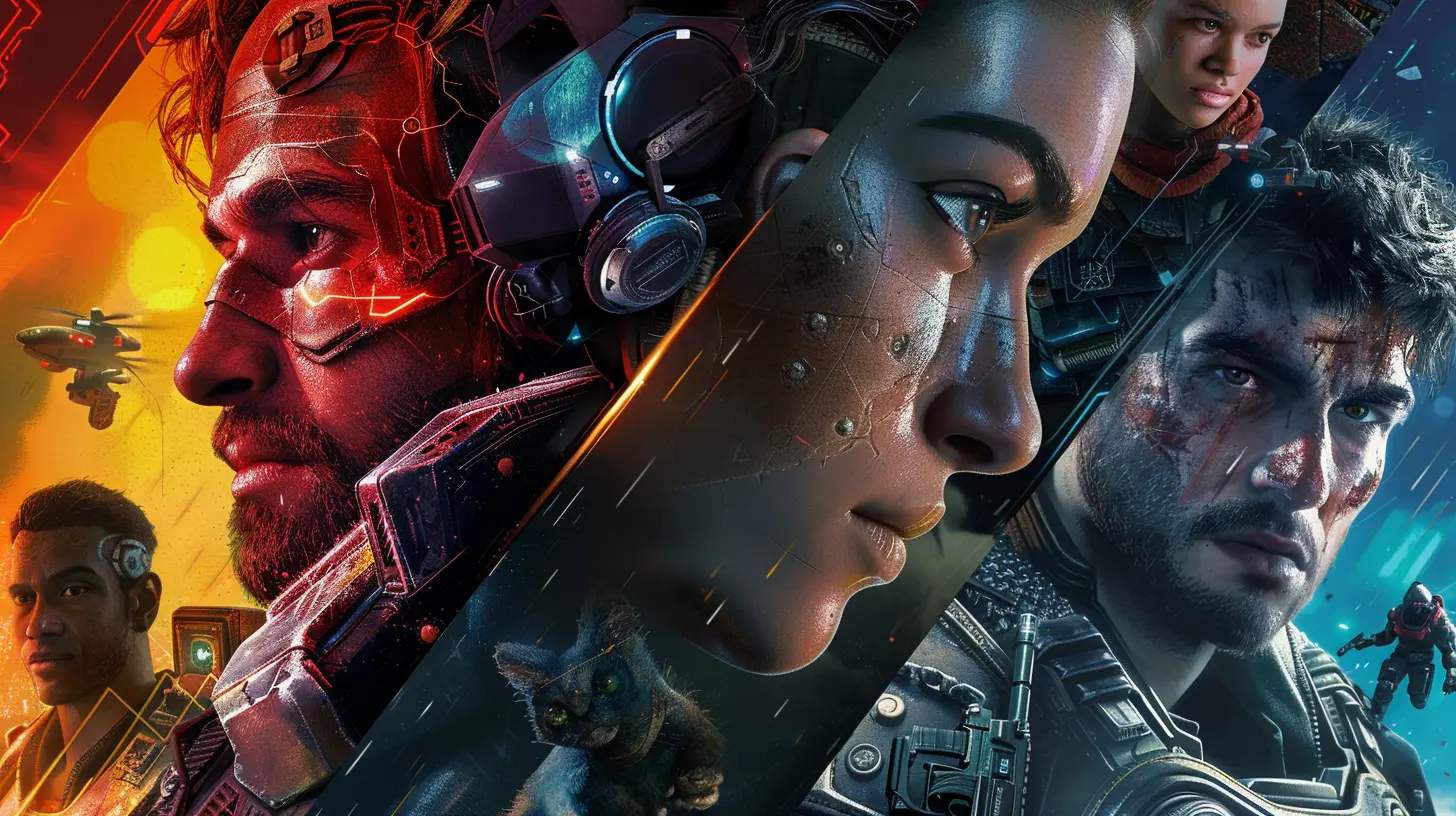
What Exactly Is a Bottleneck?
Before we dig in, let's clear up what we mean by a bottleneck. Imagine pouring soda out of a bottle—no matter how much liquid is in there, it can only flow as fast as that tiny bottleneck allows. Your game? It’s the soda. Your system? That bottle. And the slowest component? You've guessed it—that’s the bottleneck choking your entire setup.In gaming, the bottleneck is the one part of your system (CPU, GPU, RAM, or even storage) that’s holding everything else back. If one piece of hardware isn’t pulling its weight, the entire gaming experience suffers. But before we panic buy a completely unnecessary upgrade, let’s learn how to pinpoint exactly what’s causing the problem.
Signs You’re Dealing With a Bottleneck
Not all stuttering or frame dips are created equal. Sometimes it's a bad game optimization issue, but other times, your system's hardware isn’t cutting it. Here are some telltale signs you're playing the Bottleneck Bingo:- Low GPU Utilization: Your graphics card is twiddling its thumbs while your CPU is working overtime. This can lead to poor frame rates and inconsistent performance.
- High CPU Temperatures or Usage: If your CPU is running at 100% like it’s training for a marathon, while other components barely break a sweat, you probably have a bottleneck.
- Frame Rate Drops in Complex Scenes: Does your game stumble every time there’s an epic explosion or a city full of NPCs? Yeah, classic bottleneck symptom.
- Long Loading Times: If you’re stuck staring at loading screens for ages, your storage (especially if it’s an HDD) could be the culprit.
- Lag in Online Games: Okay, this one might be your internet connection—don’t let the router off the hook just yet.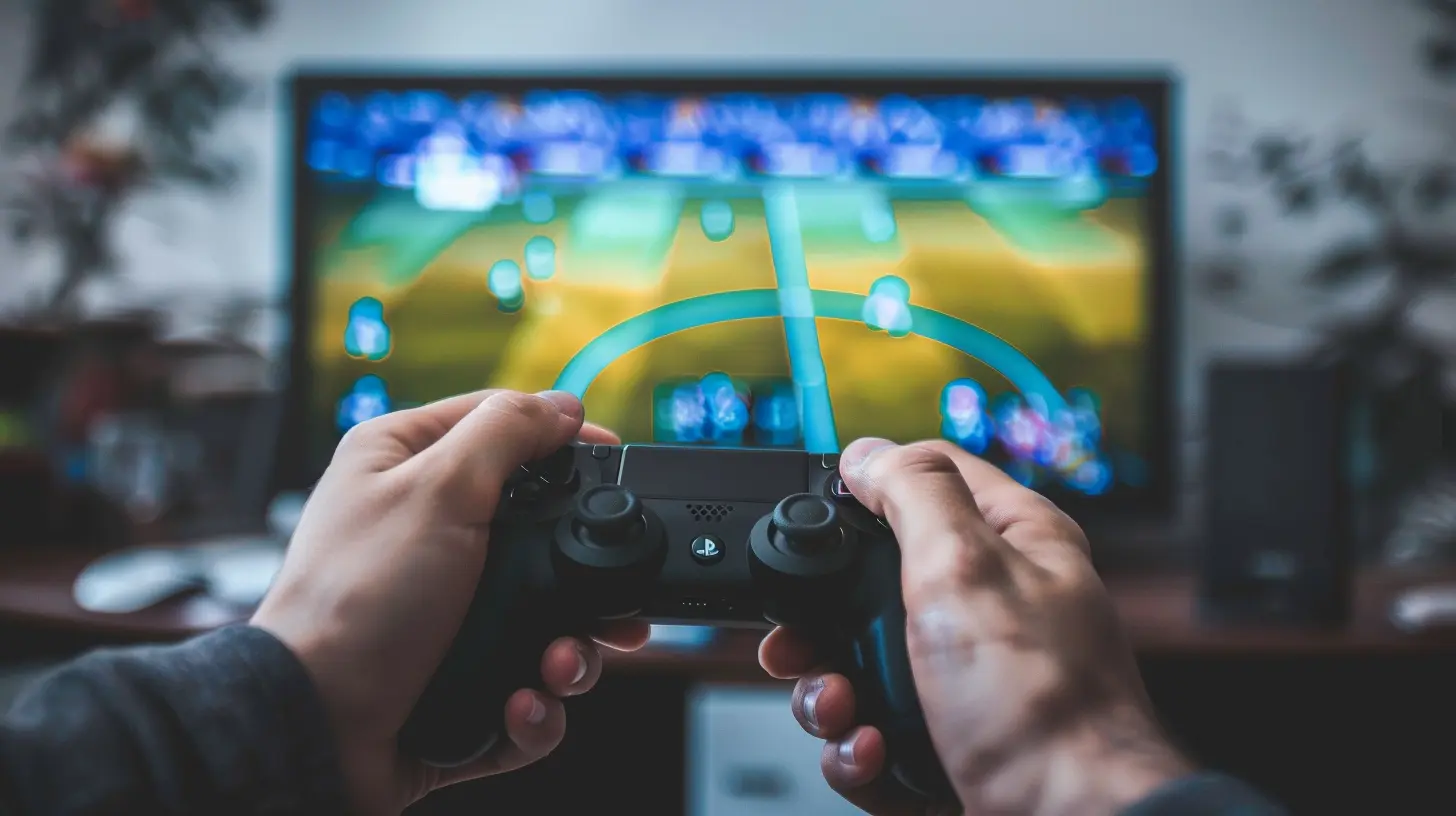
Step-By-Step Guide to Identifying Game Bottlenecks
Alright, let’s strap in and figure out what’s causing your gaming slowdown. Don’t worry—I’ll keep it simple and painless.1. Check Your Hardware Usage
Start with the basics. Fire up your favorite game and play for a bit. Use monitoring tools like MSI Afterburner, HWMonitor, or even the built-in Task Manager (Ctrl + Shift + Esc for Windows) to see how your hardware is holding up.- GPU Usage (Graphics Card): If your GPU usage is below 60%, it’s probably not being fully utilized. This often means your CPU is the bottleneck.
- CPU Usage (Processor): If your CPU is maxed out at 100% while your GPU is chilling at 50% or less, your processor is the weak link.
- RAM Usage: Regular stuttering or hitching could mean you don’t have enough memory. Check if you're running out of available RAM.
- Storage Performance: If you’re running games off an HDD instead of an SSD, performance could suffer. Trust me, SSDs make a world of difference.
Let’s say you’re playing Cyberpunk 2077 and notice your GPU is barely breaking a sweat at 40% usage while your CPU is on fire at 100%. Congrats, it’s a CPU bottleneck! Well, maybe "congrats" isn’t the right word, but at least you’ve diagnosed the issue.
2. Use Built-In Game Settings and Benchmarks
Many modern games come with built-in performance benchmarks. They’re like diagnostic tools baked into the game! Run the benchmark and pay attention to the performance summary:- Frame Time Graphs: Look for spikes and inconsistencies—that usually signals a bottleneck.
- CPU vs GPU Usage Breakdown: Some benchmarks will even flat-out tell you if one component is limiting performance.
For example, if a game like Red Dead Redemption 2 tells you your “CPU is underperforming,” you’ve hit the bottleneck jackpot. Now you know where to focus.
3. Adjust Game Settings to Pinpoint the Culprit
Here’s a fun experiment: tweak your game settings to isolate the problem. Start with these:- Lower Graphics Settings (GPU): Reduce settings like textures, shadows, or resolution. If performance improves drastically, your GPU is struggling.
- Lower CPU-Intensive Settings: Scale back settings like crowd density, physics, or draw distance. If the game suddenly feels smoother, your CPU might be the issue.
- Test Different Resolutions: High-resolution settings (like 4K) hammer the GPU, while lower resolutions shift more workload to the CPU.
Still confused? Here’s a golden rule: If lowering graphics settings doesn’t fix stuttering, your CPU is likely the bottleneck. If it does fix the problem, then blame your GPU.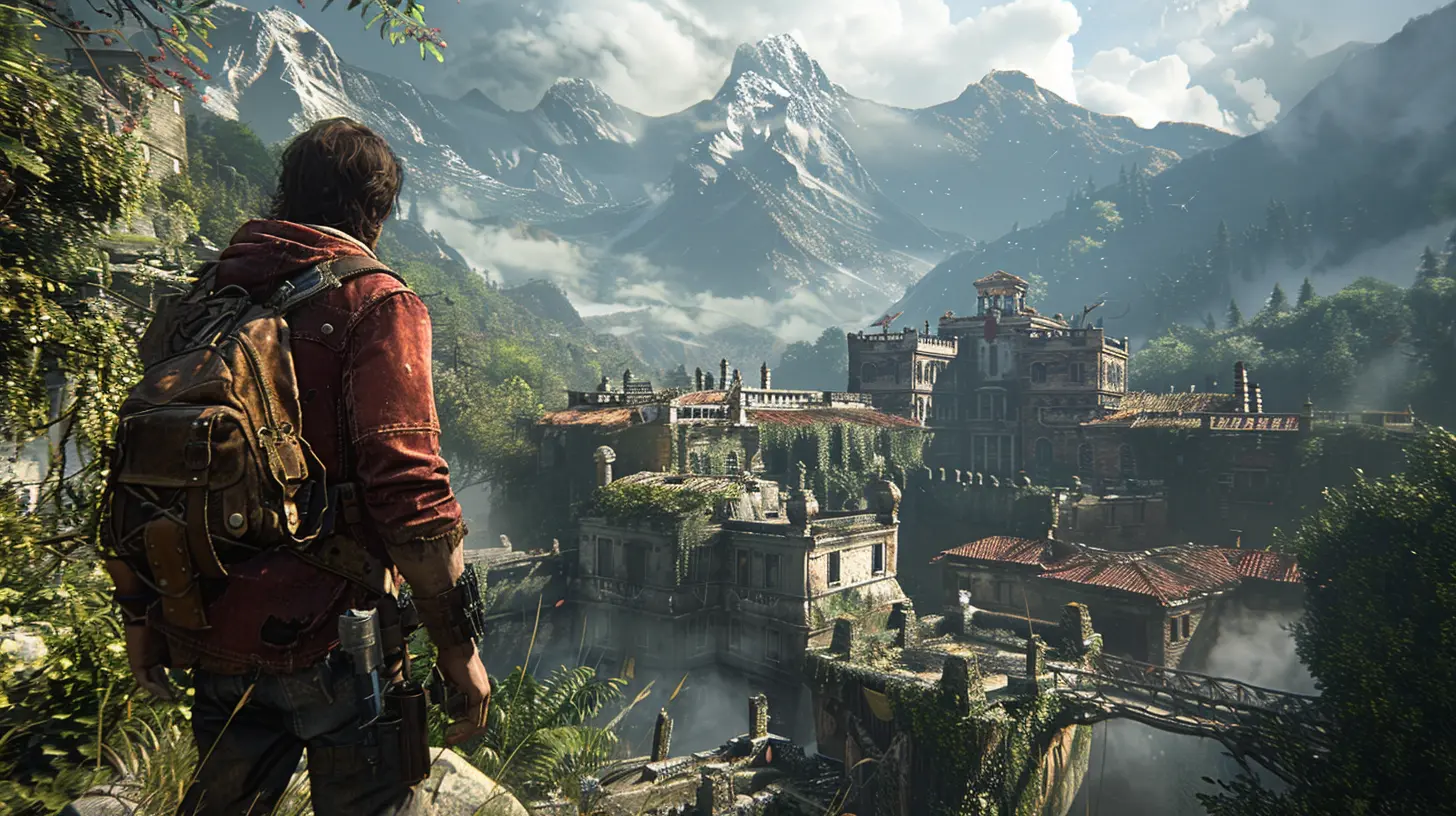
Additional Tools to Help You Out
MSI Afterburner
Hands down, one of the best free tools to monitor CPU, GPU, and RAM usage while gaming. It helps you see which component is working the hardest.UserBenchmark
This tool runs benchmarks on your entire system and highlights which parts of your PC are underperforming compared to similar setups.NVIDIA and AMD Software
If you own a graphics card from either company, their software (NVIDIA GeForce Experience or AMD Adrenalin) often has built-in performance monitoring.Common Bottlenecks and Their Fixes
Once you’ve identified the bottleneck, what next? Don’t worry, we’ve got some quick fixes for the usual suspects.1. CPU Bottleneck
- Symptoms: Low GPU usage, high CPU usage, frame dips in crowded scenes (e.g., cities or battles)- Fixes:
- Close background programs hogging your CPU.
- Overclock the CPU (if you know what you’re doing!).
- Upgrade to a faster processor—look for one with more cores and higher clock speeds.
2. GPU Bottleneck
- Symptoms: High GPU usage, frame rate tanking when upping graphics quality.- Fixes:
- Lower in-game graphics settings.
- Upgrade your GPU (RTX 4060 anyone?). But first, make sure your CPU is strong enough to handle the upgraded card.
3. RAM Bottleneck
- Symptoms: Stuttering, especially during level loads or switching between areas in-game.- Fixes:
- Upgrade to 16GB or 32GB of RAM.
- Close unnecessary programs/apps consuming memory.
4. Storage Bottleneck
- Symptoms: Agonizingly long load times, freezing when new assets load.- Fixes:
- Install games on an SSD instead of an HDD.
- Use NVMe SSDs for blazing-fast load speeds.
Bottlenecks in Online Gaming: Don’t Forget Your Network
Sometimes the issue isn’t even inside your PC—it’s your internet connection giving you a hard time. If you’re experiencing lag, rubberbanding, or teleporting (hello, rage-quit moments), consider these:- Switch to a wired Ethernet connection for more stability.
- Upgrade your router or internet plan.
- Close bandwidth-hogging apps like Netflix or torrents while gaming.
Should You Upgrade or Tweak?
Here’s some food for thought: Bottlenecks are natural. Even the most powerful systems have some kind of bottleneck—it’s just less noticeable the better your hardware gets. The point is, don’t jump to upgrading unless you absolutely need to. Sometimes, tweaking settings and optimizing your current setup can save you a lot of cash.But hey, if you’ve been itching for a hardware upgrade anyway, your bottleneck might be the perfect excuse to finally pull the trigger. Just make sure the upgrade actually addresses the root of the issue, or you might end up with a shiny new GPU that’s still held back by a potato-tier CPU.
Final Thoughts: Bottlenecks Aren’t the End of the World
Gaming bottlenecks can be a buzzkill, but they’re not insurmountable. Think of your PC as a team—every player (component) matters, but some might need a little extra coaching (or swapping out entirely). By keeping an eye on your system’s performance and addressing the weak links, you can save yourself a ton of headache and get back to what really matters: gaming.Grab some monitoring tools, tinker with those settings, and give your rig the TLC it deserves. Remember, every PC has its quirks, and identifying bottlenecks is just part of the journey to optimizing your gaming experience!

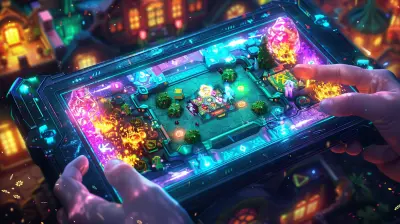
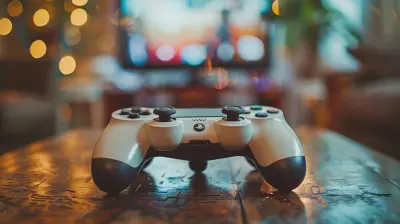

Delta Coleman
Great insights! I'm curious—what are the most common bottlenecks gamers encounter, and how can we effectively troubleshoot them?
April 26, 2025 at 3:16 AM